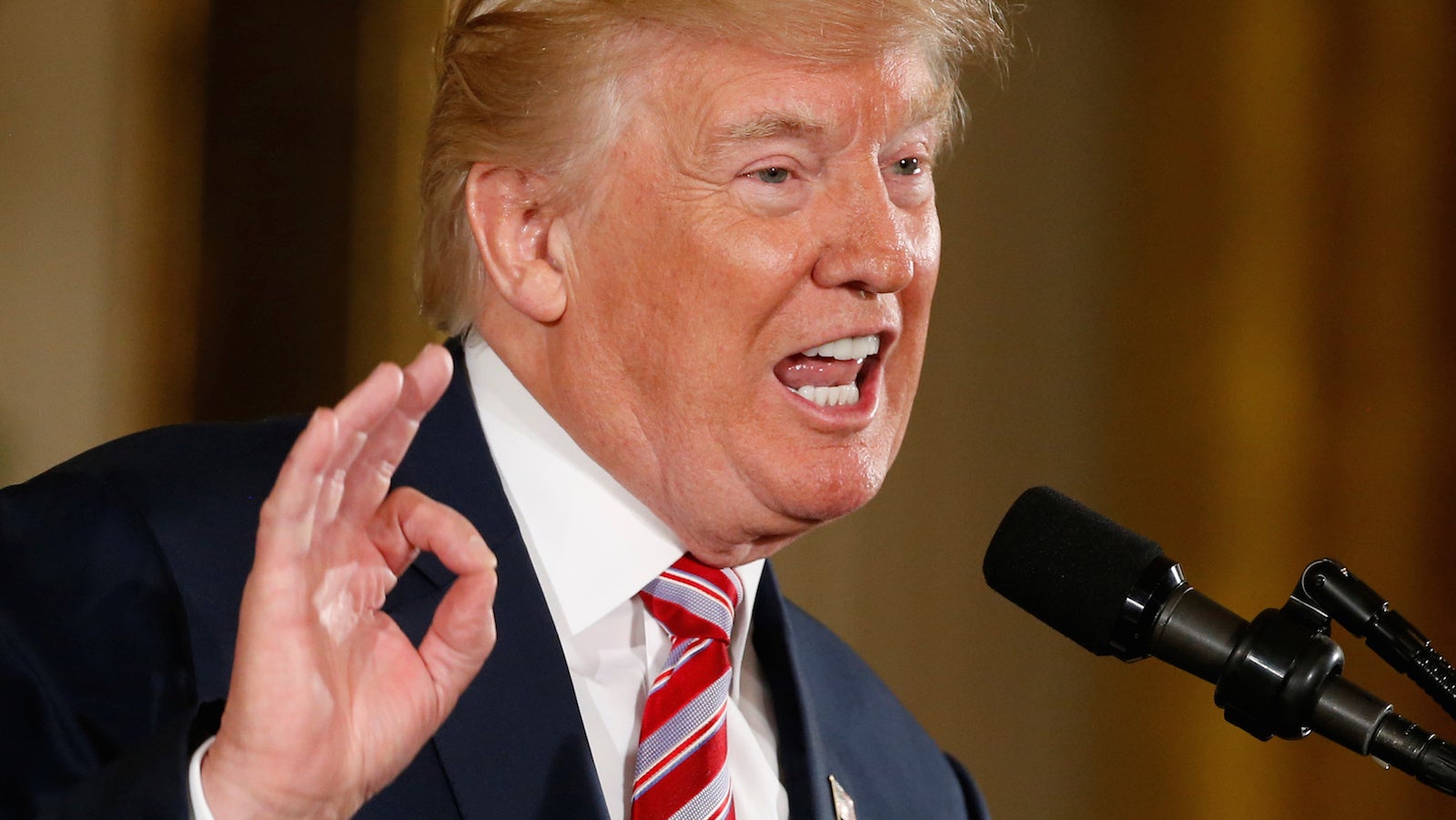Three questions to ask if you’re still trying to decide whether you support Trump
A week after Donald Trump was elected US president, hedge-fund billionaire Ray Dalio took to LinkedIn to offer reflections on the result and its likely impact on the markets. His Nov. 15 blog post concluded thusly:


A week after Donald Trump was elected US president, hedge-fund billionaire Ray Dalio took to LinkedIn to offer reflections on the result and its likely impact on the markets. His Nov. 15 blog post concluded thusly:
So, what are we trying to say? The headline is that the ideological/environmental shifts are clear, their magnitudes will be large, and there’s a good chance that the “craziness” factor will be smaller and play a lesser role in driving outcomes than many had feared. In fact, it is possible that we might have very capable policy makers of the previously mentioned ideological persuasion in control. As always, we will keep you posted of our thinking as it will certainly change as we learn more.
Dalio, founder of Bridgewater Associates (it’s the largest hedge-fund firm in the world, with $160 billion under management) was true to his word. A new post to LinkedIn, published June 5, offers his latest views on the administration, freshly updated in the wake of Trump’s decision to pull out of the Paris climate accord.
There are no new mentions of the “‘craziness’ factor”—but the word “conflict” comes up in the blog post nine times, including mentions of Trump and his “path” of conflict, his “pursuing” conflict, and his apparent choice to move “toward” conflict instead of cooperation. In the context of a world that in many ways (environmentally, militarily, and financially) feels on the brink of disaster, these references aren’t the worst stand-ins for crazy.
“Sometimes conflict produces better results and sometimes it produces worse results for the people who are pursuing it to get what they want,” Dalio writes. He concludes, “The more I see Donald Trump moving toward conflict rather than cooperation, the more I worry about him harming his presidency and its effects on most of us.”
But that’s just Dalio. What about the rest of us?
For those still grappling with how they feel about Trump and his policies, the hedge-fund founder offers some guidance to help settle the matter. Dalio writes:
It seems to me people who are trying to figure out whether or not to support him are faced with three big questions: 1) what exactly is the part he’s trying to optimize for (e.g., American manufacturing workers) and at the expense of whom, 2) am I more aligned with that part he is trying to protect (e.g., American manufacturing workers) or more aligned with those who will lose out (e.g., immigrants, those who will lose benefits from his budget changes), and 3) will his path of conflict rather than cooperation be effective or harmful?
It’s not a prescription for what ails the world, or for what looks to be capping the former ebullience of the markets. But it’s not a bad rubric for figuring out whether or not you’re in favor of it.